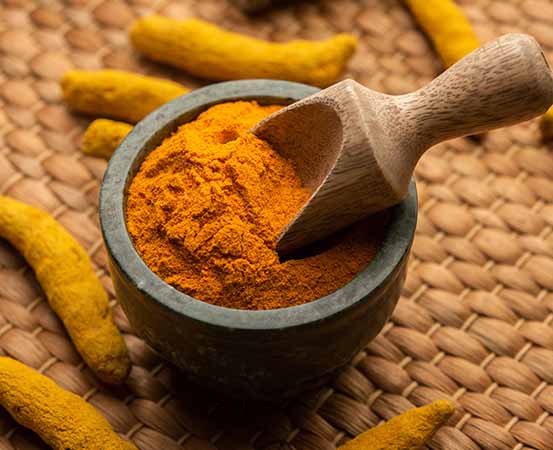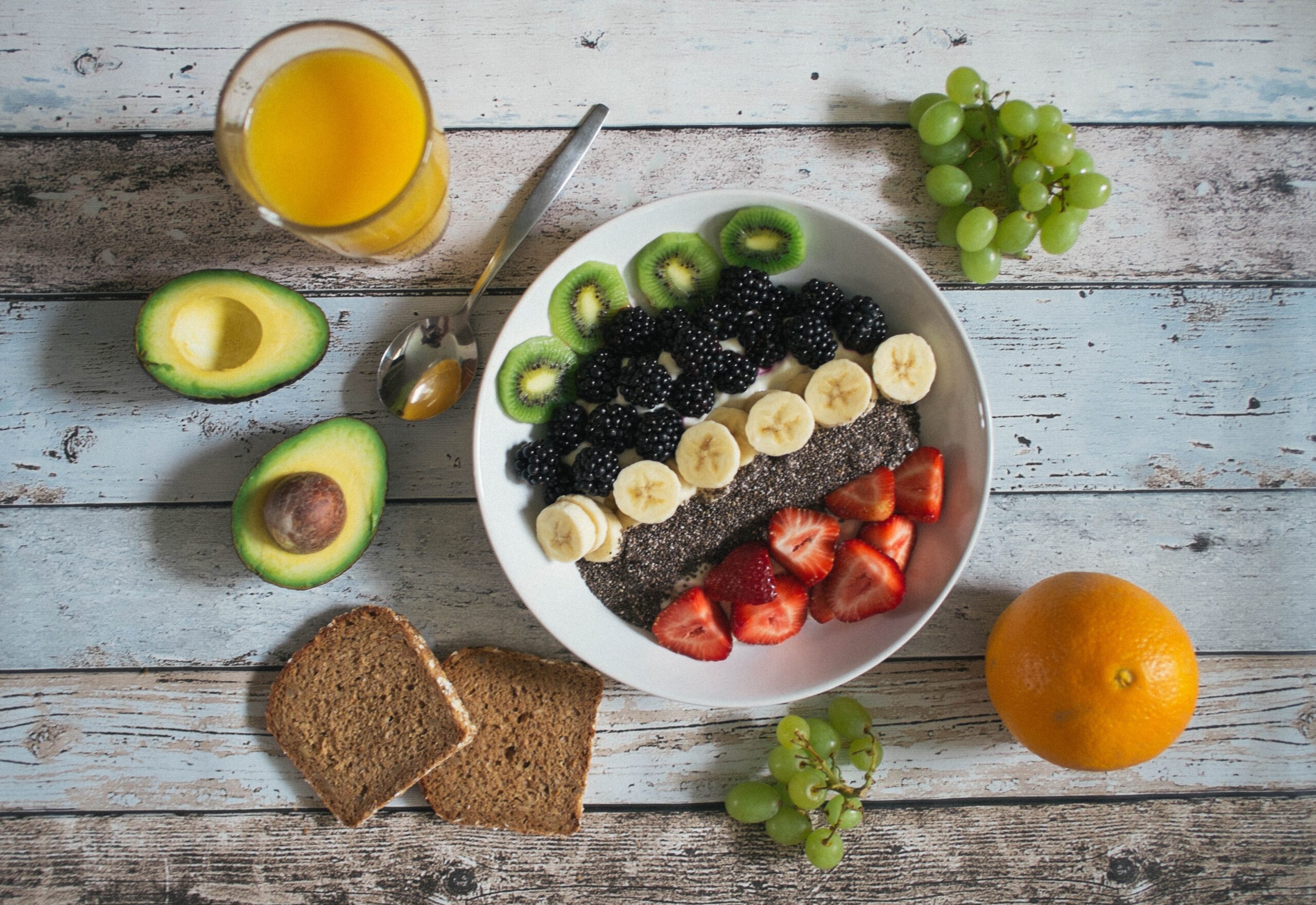
Managing blood glucose levels need not be just about medications, an active lifestyle and a fiber-rich dietary pattern. Experts hint that people with diabetes could opt for some natural herbs and spices that could help to tame blood sugar levels.
Turmeric would be among the first ones on that list because of curcumin, a biomolecule found in the turmeric plant (Curcuma longa) with anti-inflammatory, anti-oxidative and cholesterol-fighting abilities that creates the perfect ambience in our body to maintain optimum levels of blood sugar.
Curcumin: The blood glucose controller in turmeric
Experts explain it is the presence of an active component called curcumin that is known to reduce glucose levels due to its hypoglycemic (low blood sugar causing) effect.
“It has anti-inflammatory and anti-bacterial properties along with antioxidants that help prevent cell damage when consumed the right way,” says Ranjani Raman, a Bengaluru-based dietician and nutrition therapist.
According to research published in the journal Diabetes Care ( Somlak Chuengsamarn et al,2012), a 9-month curcumin intervention in a prediabetic population significantly lowered the number of prediabetic individuals who eventually developed type 2 diabetes. Additionally, the curcumin treatment appeared to improve the overall function of β-cells (beta cells that make insulin), with very minor adverse effects.
Curcuminoids, a group of plant metabolites derived from curcumin in the turmeric plant, was the reason why turmeric is considered to have a positive impact on vascular health. Dr Priyanka Rohatgi, Chief Nutritionist, Apollo Hospitals says, “Turmeric decreases the body’s triglycerides, balances cholesterol levels and boosts heart health.” She also points out that turmeric is also good for renal health and again indirectly beneficial for people with diabetes as they face an array of kidney complications.
Turmeric to fight diabetes: A testimonial
“I have been consuming turmeric in the form of haldi-doodh (turmeric milk) long before it acquired a fancy name like turmeric latte,” explains Mumbai-based septuagenarian Shabnam Kohli. She has been living with diabetes since 2007.
Kohli, a former educationist based out of Mumbai started consuming turmeric after her nutritionist recommended including it as part of her diabetes-friendly diet. She makes it a point to have turmeric milk right before going to bed.
“I started having turmeric tea (freshly grated turmeric boiled in water) at least thrice a week, replacing milk and sugar tea in the mornings. I recently learnt that turmeric works with more efficacy if you add a pinch of black pepper to it, so I have started doing that too,” she adds.
She explains being a diabetic, she is usually mindful of what she eats to control her blood sugar levels. Kohli sincerely believes that turmeric has played an important role in managing her blood sugar levels apart from her controlled diet and exercise plan.
Side effects of turmeric
However, there are some downsides to excess turmeric in our diet as Raman points out.
“Since turmeric also contains oxalate (a mineral binding organic acid found in plants) content, too much turmeric may increase the risk of kidney stones,” she cautions. Raman also points out, due to its effect of reducing glucose levels, if consumed in excess by diabetics, it can result in hypoglycemia (low blood sugar).
“However, 500mg to 1500mg should suffice if consumed daily in natural forms for all adults,” says the nutritionist.
Dr Rohatgi also says that a dietitian should always be consulted before consuming turmeric frequently and in big quantities.
Right way to use turmeric in your diet
Nutritionist Raman points out that turmeric is an essential ingredient in most of our home-cooked food items and also adds that it is advisable to include raw or powdered turmeric in our food.
“Turmeric is better absorbed when added and consumed with a healthy fat such as ghee, cold pressed oils, etc,” she explains.
Another ingredient that can bring out the best in turmeric is pepper. “Pepper contains compounds called piperine (a beneficial naturally occurring organic compound) which when added with turmeric can enhance the bioavailability (ability to be absorbed and used by the body) of curcumin,” explains Raman.
More clinical studies required
However, Dr Subrata Das, Senior Consultant – Internal Medicine and Diabetology, Sakra World Hospital cautions: “While turmeric may be known to increase insulin sensitivity and reduce weight gain in diabetes there still need to be further clinical studies to confirm if this is really true.”
Turmeric tips for diabetes
- Avoid turmeric consumption in excess as it could cause side effects like headache and nausea
- Start turmeric in small doses to ensure it does not trigger any allergies.
- Combine turmeric with black pepper for more health benefits
- Opt for natural turmeric and always consult a doctor before starting any turmeric supplements.
Takeaway
- Including raw or powdered turmeric in the diet of a person with diabetes can lower blood sugar levels by improving insulin-producing beta cells and insulin sensitivity in diabetics.
- Apart from its anti-inflammatory and antioxidative properties, turmeric also contains curcumin which helps to manage blood sugar.


















4 Responses
Good report
Thanks for your positive response!
I will start soon to avoid crossing range in morning data.Which is now 139 and after food it was 167.
Thank you for sharing your experience with us. We are indeed very glad on your progress.